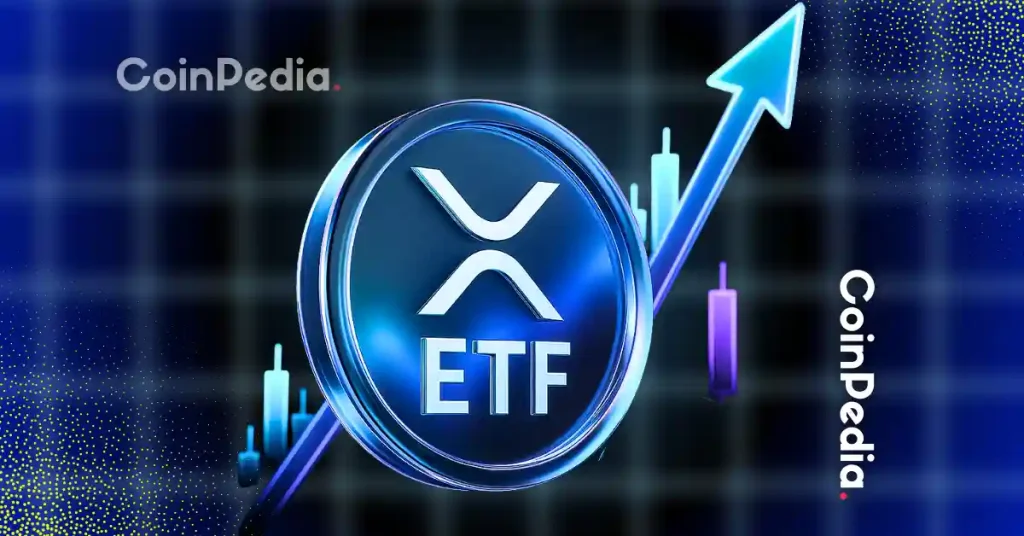XRP vs XRP ETF: Where To Invest For Massive Profits in 2025?
Digital asset showdown: direct crypto exposure battles traditional finance's packaged product.
Raw Token Power
XRP delivers unfiltered market access—price movements hit your portfolio dollar-for-dollar. No intermediaries, no management fees, just pure blockchain exposure. You own the underlying asset, control your keys, and tap directly into Ripple's ecosystem growth.
ETF Efficiency Play
Exchange-traded funds wrap XRP in regulatory compliance, letting traditional investors bypass custody headaches. Institutions pile in through familiar brokerage accounts—liquidity surges but costs creep in through expense ratios. It's crypto exposure with training wheels.
Profit Calculus
Direct XRP ownership magnifies gains and losses—volatility cuts both ways. ETFs smooth the ride but skim returns through management fees. Choose speculation versus stability, control versus convenience.
Wall Street's latest crypto repackaging—because why invest directly when you can pay intermediaries to do it for you?

The race to bring an XRP exchange-traded fund (ETF) to market is nearing its final stage. Recent listings on the Depository Trust & Clearing Corporation (DTCC) suggest approval from the U.S. Securities and Exchange Commission (SEC) could come as early as October. If that happens, XRP could soon have one of the largest crypto ETFs in history, with inflows projected to reach $5 billion.
This raises a question for investors: is it better to hold XRP directly, or gain exposure through an ETF? Analysts Jake Claver and Paul Barron recently discussed this and here’s a breakdown:
Why an XRP ETF Matters
An ETF WOULD open XRP to a new class of investors. Institutional funds, family offices, and high-net-worth individuals often avoid buying crypto directly due to custody risks, wallet management, and reporting hurdles. An ETF solves these problems by packaging XRP into a regulated, exchange-traded product.
With firms like Canary Capital leading filings, the arrival of XRP ETFs could shift liquidity. Analysts expect capital to rotate from Bitcoin and ethereum ETFs into XRP, Solana, and Hedera once those products go live. This could reduce Bitcoin’s market dominance and concentrate flows into assets with ETF approval.
The Case for ETFs
For traditional investors, ETFs offer:
- Ease of access: No need to set up wallets or manage private keys.
- Integration: ETFs fit smoothly into existing portfolio and reporting systems.
- Custody and security: Institutions prefer regulated products with third-party custody.
The trade-off is cost. Most crypto ETFs charge fees NEAR 1% annually, which acts like an insurance premium for custody and compliance.
The Case for Direct XRP
Owning XRP directly appeals to those comfortable with crypto. It eliminates management fees and gives holders full control over their tokens. Direct owners can also use XRP for transfers or within the Ripple ecosystem, something ETFs cannot provide.
The downside is responsibility. Losing private keys can mean losing funds permanently. For many investors, the learning curve and custody risk outweigh the benefits.
The launch of an XRP ETF will not erase the value of direct ownership. Instead, it will split the market between two groups: crypto-native investors who prefer self-custody, and institutions or investors who want exposure without complexity.

